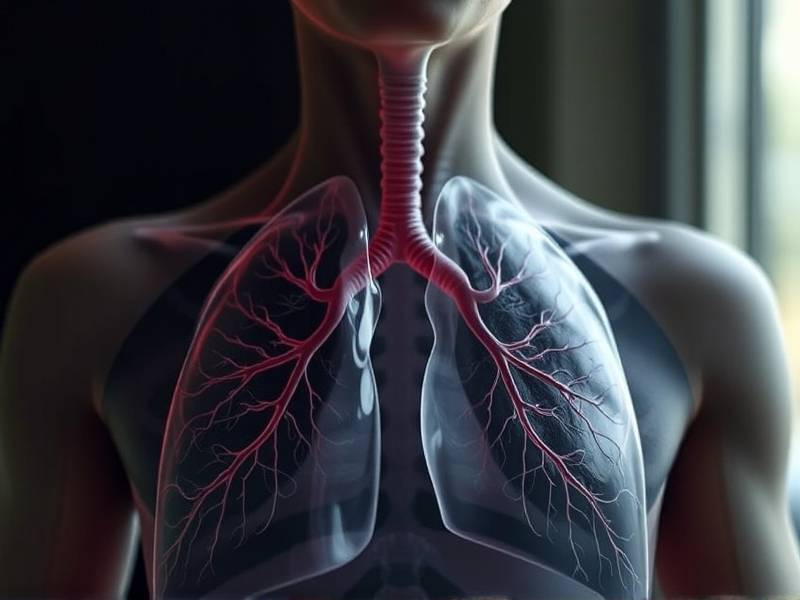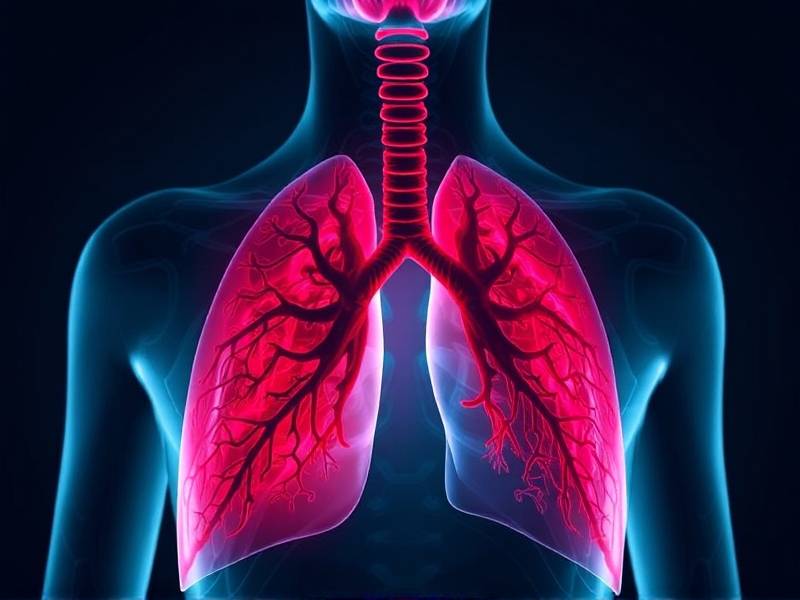Can You Regain Lung Capacity After Quitting Smoking?
Understanding Lung Capacity
Lung capacity is a measure of how much air your lungs can hold. It's an essential indicator of respiratory health. When you smoke, the delicate airways in your lungs become inflamed and filled with harmful substances. This can lead to a decrease in lung capacity over time.

The Impact of Smoking on Lung Function
Smoking is a leading cause of chronic obstructive pulmonary disease (COPD), a group of diseases that make it hard to breathe. Conditions like emphysema and chronic bronchitis are often associated with smoking, which can significantly reduce lung capacity.
The Potential for Recovery
The good news is that quitting smoking can lead to improvements in lung function. While the extent of recovery varies from person to person, many individuals find that their lung capacity begins to improve within weeks or months after quitting.

Early Improvements
One study published by the National Institute on Drug Abuse (NIDA) found that just 20 minutes after quitting, blood flow to the heart improves. Within 48 hours, carbon monoxide levels drop, and within three months, lung function starts to improve as the body clears out mucus and debris from the airways.
Long-Term Benefits
Over the long term, quitting smoking can lead to significant improvements in lung capacity. According to the American Lung Association, within five years of quitting, your risk for heart disease drops significantly. Within ten years, your risk for cancer decreases by half compared to a continuing smoker's risk.
Factors Influencing Recovery
Several factors influence how much lung capacity you can regain after quitting smoking:
- Duration of Smoking: The longer you smoke, the more damage is done to your lungs.
- Amount Smoked: The more cigarettes you smoked per day or per year, the more damage there may be.
- Genetic Factors: Some people may have genes that make them more susceptible to smoking-related damage.
- Age at Quitting: Starting sooner rather than later maximizes your chances of regaining lung capacity.
How to Improve Lung Capacity After Quitting Smoking
Here are some steps you can take to help improve your lung function after quitting smoking:
- Regular Exercise: Engaging in regular physical activity helps strengthen your respiratory muscles and improves oxygen flow.
- Deep Breathing Exercises: Practices like yoga or pulmonary rehabilitation programs can help improve lung function.
- Avoid Air Pollution: Pollution can exacerbate respiratory issues and hinder recovery.
- Stay Hydrated: Drinking plenty of water helps keep mucus thin and easier to expel.
Conclusion
Quitting smoking is a powerful step towards improving your health and potentially regaining lost lung capacity. While it's important to understand that recovery varies from person to person, there's hope for those who take this vital step toward better health. If you're considering quitting or have recently quit smoking, talk with your healthcare provider about strategies for improving your lung function and managing any respiratory issues that may arise during recovery.
